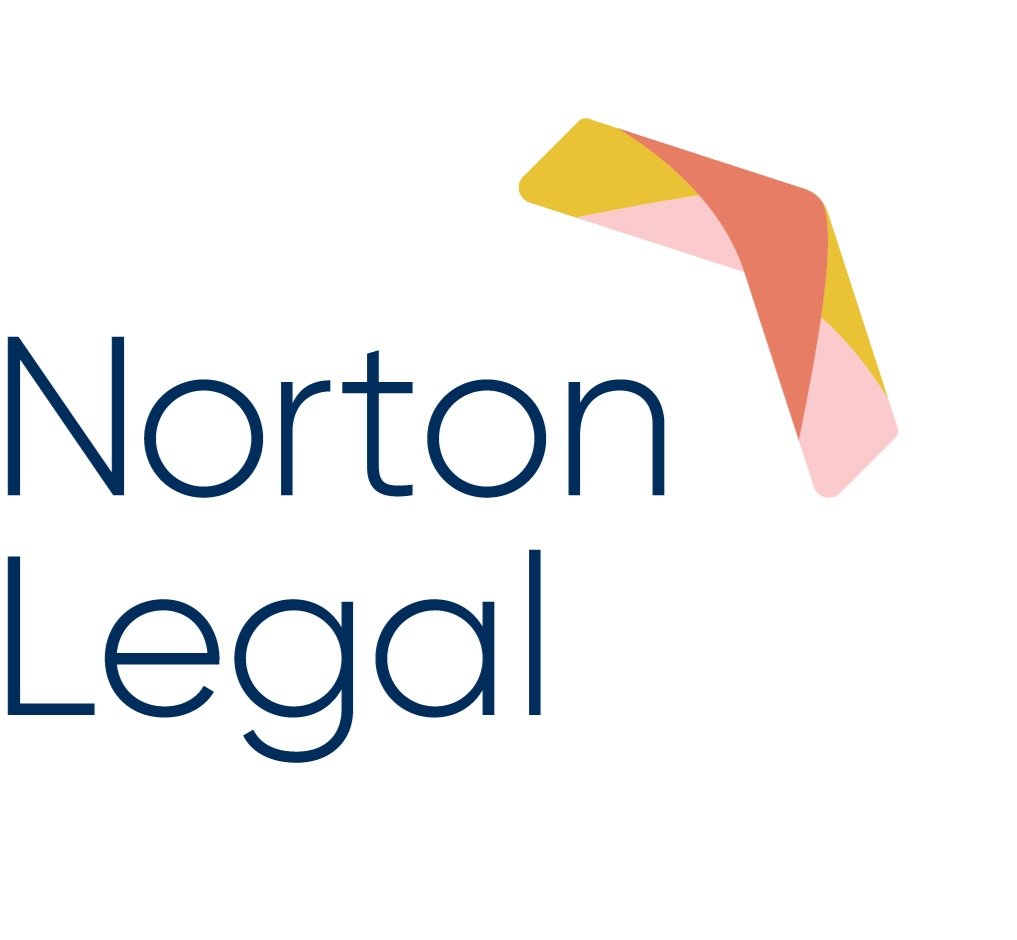Get In Contact
Got a thousand questions swirling in your mind?
Virtually tap me on the shoulder and get my attention by filling in the below contact form. I’ll be sure to get back to you with a personal reply as soon as I’m at the desk with a strong coffee in hand.
Alternatively, you may find what you’re looking for here below…
Flick on through some FAQ’s from others just like you.
-
A Will is a legal document that outlines your wishes regarding the distribution of your money, possessions, and property, collectively known as your 'estate,' after your death. If you don't have a Will, or if your Will is not legally valid, the law will determine how your estate is passed on, which may not align with your preferences. Having a Will allows you to have control over what happens to your assets and ensures that your wishes are respected.
At Norton Legal, I help with both straightforward and complex estate planning to help you achieve your goals and reduce the risk of family conflicts after your passing. Providing comprehensive estate planning advice that considers family trusts and self-managed super funds, I can also work in collaboration with your accountant or financial planner to secure the best outcomes for your loved ones. This can involve preparing complex Wills, including testamentary trusts, to address various issues such as caring for vulnerable family members, planning for business succession, managing family trust succession, protecting assets, and minimising taxes. A well-drafted Will and estate plan are essential tools in safeguarding your assets and ensuring your legacy is managed in line with your intentions.
-
This document grants someone the authority to make financial and legal decisions for you in case you become unable to do so yourself. For example, if you're incapacitated due to a stroke or car accident, your appointed attorney can manage your financial affairs, pay bills, sell property, and make legal decisions in your stead.
-
This legal appointment allows you to designate a person who can make medical decisions on your behalf if you're unable to do so.
-
Having these documents in place is crucial, especially in unforeseen situations like accidents or health crises. They provide a clear framework for decision-making when you cannot act for yourself. Without these documents, your loved ones would have to go through a potentially lengthy and stressful process of applying to the Victorian Civil and Administrative Tribunal (VCAT) to obtain the necessary legal orders, which can be time-consuming and emotionally challenging. At Norton Legal, I can assist you in preparing these documents, ensuring that your wishes are respected and that your affairs are managed smoothly by your appointed agents in such circumstances.
-
The phrases ‘testamentary trust’, ‘testamentary discretionary trust’, TT, TDT…. are all just ‘lawyer speak’ for a trust set up in a will that starts when the willmaker dies.
They are very similar to a family trust (more technically known as a discretionary trust) but a testamentary trust is established by a person’s will and remains dormant, ready to start when a person dies.
Trusts work by separating control of the assets held in the trust from the benefit. The person who has control of the trust assets is the Trustee.
The Trustee is the legal holder of the assets and is responsible for the day to day management of the trust and the due administration of the trust.
An effective testamentary trust should have many people who can potentially benefit from the assets in the trust (the technical term for these people are Beneficiaries) and each beneficiary’s entitlement should be at the complete discretion of the Trustee.
This discretionary nature of the trust is what makes the trust so powerful for asset protection.
Because none of the beneficiaries own the trust assets and their only right is to be considered by the trustee, it is very difficult for someone to argue that the assets of the trust belong to any one of the beneficiaries if the trustee has given real and genuine consideration to the needs and circumstances of each beneficiary.
A trustee can also be one of the beneficiaries of the trust, and if that is the case, then the trust assets will ‘look and feel’ more like that person’s assets because they are in control and can choose themselves or their family members to benefit from the trust.
-
Relationship protection
Protects immature beneficiaries
Income tax flexibility
Rule from the grave
Defers tax for overseas beneficiaries
Bankruptcy protection
-
Testamentary trusts offer fantastic tax flexibility.
In fact, this is the only environment where you can get such great tax treatment, and it’s only because someone had to die for the trust to start.
In essence, trusts are flow through vehicles for tax purposes, which means the income earned each year from investing the trust assets always needs to be distributed out to beneficiaries and each beneficiary gets taxed on the income they received from the trust at their own marginal tax rate.
Each year the trustee can choose which of the beneficiaries should receive the income earned from investing the inheritance each year, which allows them to give income to beneficiaries who have lower tax rates.
And testamentary trusts offer an additional benefit which is not available to any other trust – beneficiaries under 18 are treated like adults for tax purposes which means they can receive about $22,000 tax free each year.
-
You are leaving at least $500k (including super and life insurance) to one ore more people.
You want to leave an inheritance to minors who can each receive approximately $22k tax free income each year from investing the inheritance.
It is important to you tha thte inheritance is protected from relationship risks (e.g. divorce or separation).
It is important to you that the inheritance is protected from bankruptcy risks.
You are leaving assets to a beneficiary who cannot be trusted to manage their inheritance appropriately and you are worried they will waste it.
An intended beneficiary is currently residing overseas.
The Blog
Build up your IQ on all things Wills and estates with some easy reads from my blog…
What is a testamentary trust and why would we set one up?
A testamentary trust is a legal arrangement that is established through a will, serving as a versatile tool for estate planning. Unlike a traditional will, where assets are typically bequeathed directly to individual family members, a testamentary trust will involves leaving assets to a trust entity, with designated beneficiaries who are usually family members.
Why You Should Update Your Estate Plan Before Your Next Big Adventure.
Travelling the world, exploring new cultures, and experiencing adventures is a dream for many people. While these adventures can be exciting and life-changing, they can also come with risks. Estate planning is the process of arranging your affairs to ensure that your assets are distributed according to your wishes after you die.
Guide to the Administration of a Deceased Estate: Step-by-Step Instructions
The loss of a loved one is a challenging time for most people. Taking on the role of executor adds an extra layer of difficulty that you may find overwhelming during this time. Below we set out the steps involved in acting as executor. Our compassionate lawyers are also here to help at any time.
Join our monthly email! It's the far-from-boring way to grasp all the essential legal topics you need to know.
Let's tackle the legal side of things together! Join my e-newsletter for the latest tips and info that will boost your confidence in no time.




